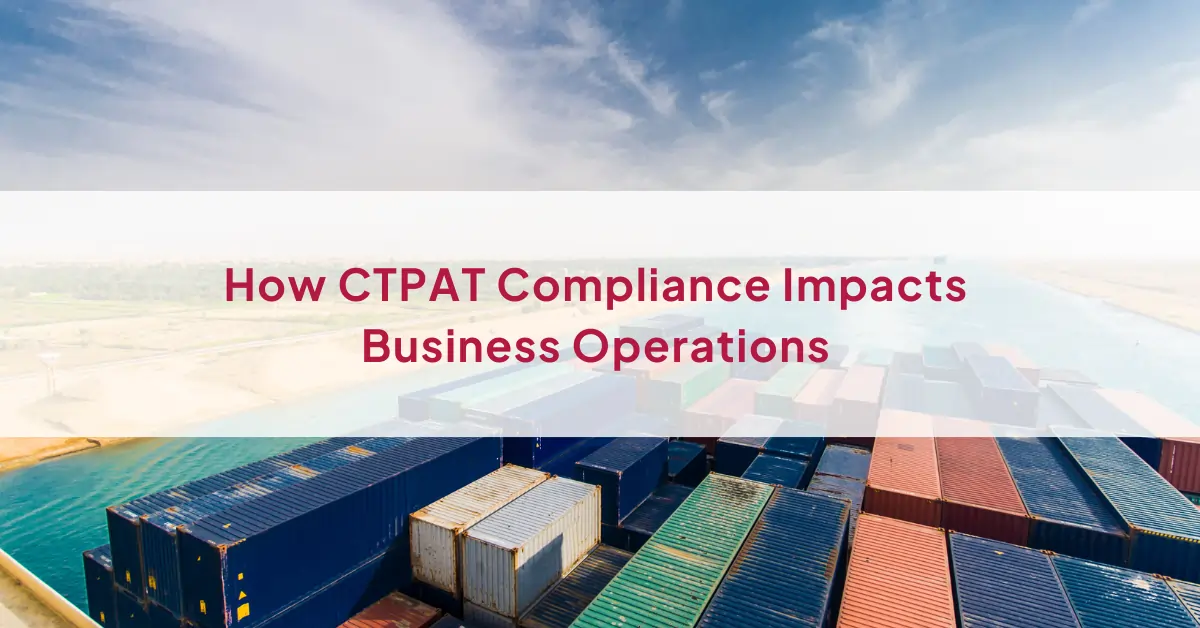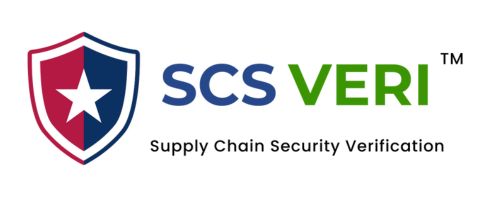
In today’s global trade environment, businesses are under constant pressure to ensure the safety and integrity of their supply chains. The Customs Trade Partnership Against Terrorism (CTPAT) is a voluntary but highly impactful U.S. Customs and Border Protection (CBP) initiative that strengthens supply chain security against threats like terrorism, smuggling, and cargo tampering.
For companies engaged in international trade, CTPAT compliance is more than just a regulatory expectation—it directly influences how business operations are managed, monitored, and trusted by partners worldwide.
1. Improved Supply Chain Security
CTPAT compliance requires businesses to strengthen physical security, cargo protection, and risk assessment practices across their facilities and logistics network:
This translates into a lower risk of theft, tampering, and delays, ensuring smoother operations across the supply chain.
2. Faster Customs Clearance and Reduced Delays
One of the biggest operational advantages of being CTPAT compliant is the potential for faster processing at U.S. customs:
This helps businesses save time, reduce congestion, and improve delivery timelines, which is crucial in industries that depend on just-in-time logistics.
3. Enhanced Business Reputation and Trust
Global buyers and partners increasingly look for suppliers that demonstrate strong supply chain security practices. CTPAT compliance signals that your company follows internationally recognized security standards:
4. Streamlined Risk Management
CTPAT compliance requires a structured risk assessment and regular reviews of security practices. By identifying vulnerabilities early, businesses can:
This proactive approach supports operational resilience while minimizing unexpected disruptions.
5. Operational Accountability and Documentation
Another important impact of CTPAT compliance is the emphasis on record-keeping and accountability. Companies are expected to maintain:
This structured documentation provides transparency, improves internal controls, and demonstrates compliance during CTPAT audits.
Conclusion
CTPAT compliance affects business operations by making supply chains more secure, efficient, and trusted in global trade. From reduced customs delays and cost savings to enhanced reputation and risk management, the benefits extend across every layer of operations.
Independent CTPAT audits play a critical role in verifying compliance and offering businesses a clear, unbiased view of their security measures. In a world where supply chain risks continue to evolve, being CTPAT compliant positions businesses to operate with greater confidence and reliability.



